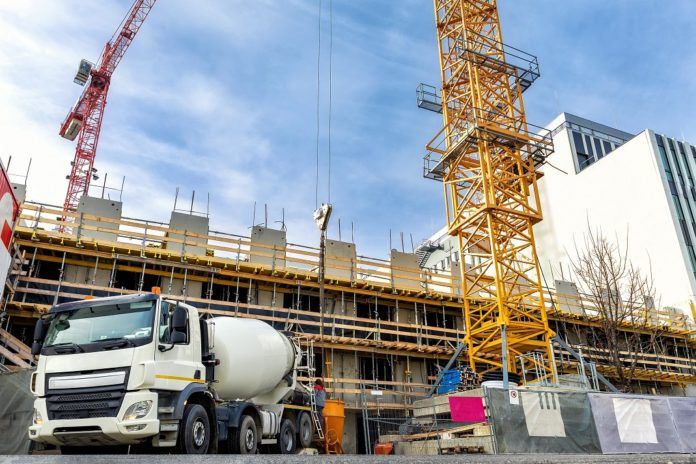The availability of various building products continues to be affected by ongoing supply chain issues despite the market adapting to the volatile conditions.
However, the latest statement from John Newcomb and Peter Caplehorn, co-chairs of the Construction Leadership Council’s (CLC) Product Availability Group, suggested that price inflation and a diminishing labour supply are now of greater concern than product availability in most construction sectors.
Supply chain issues
While ongoing challenges continue to affect the supply of bricks, aircrete blocks and roof tiles, the market is becoming more adept at managing supply of these critical products, and the long-term nature of some of the underlying issues.
Demand also remains strong in all areas, and this is set to continue into the autumn, although some product forecasts now anticipate a slight slowdown in housing starts towards the end of the year, stemming from rising prices and concerns about affordability. Home improvement work will also depend on levels of consumer confidence as the cost of living rises.
Members of the Group have now raised concerns regarding the threatened rail strike, set to begin this month. This will affect aggregate and concrete deliveries to major infrastructure products, highlighting the need for the government to prioritise transport of construction materials should the strike go ahead.
Price volatility continues
Managing price volatility and labour are now the biggest issues, according to the CLC. Although labour shortages are affecting manufacturers, the greatest concern is expressed by housebuilders and SME builders, as it takes at least three years to train a skilled tradesperson.
Moreover, the cost of energy and fuel are major drivers for price volatility. Initial results of the Group’s horizon scanning exercise suggests that energy hedges are short term and very significant increases are expected to come through quite quickly. This will particularly affect energy-intensive products including steel, glass, plasterboard, cement, ceramics and porcelain.
Although steel prices have come down slightly, since initial disruption following the outbreak of war in Ukraine, energy prices remain a major issue and price volatility will continue. Market prices will also be affected by the Indian government’s unexpected increase to export duties on iron ore and steel, which came into effect 22 May.
Production to normalise
With Shanghai gradually removing covid restrictions, production should normalise in the major industrial region by mid-June. Shipping analysts warn, however, that this may exacerbate the current bottlenecks in deliveries to the West.




